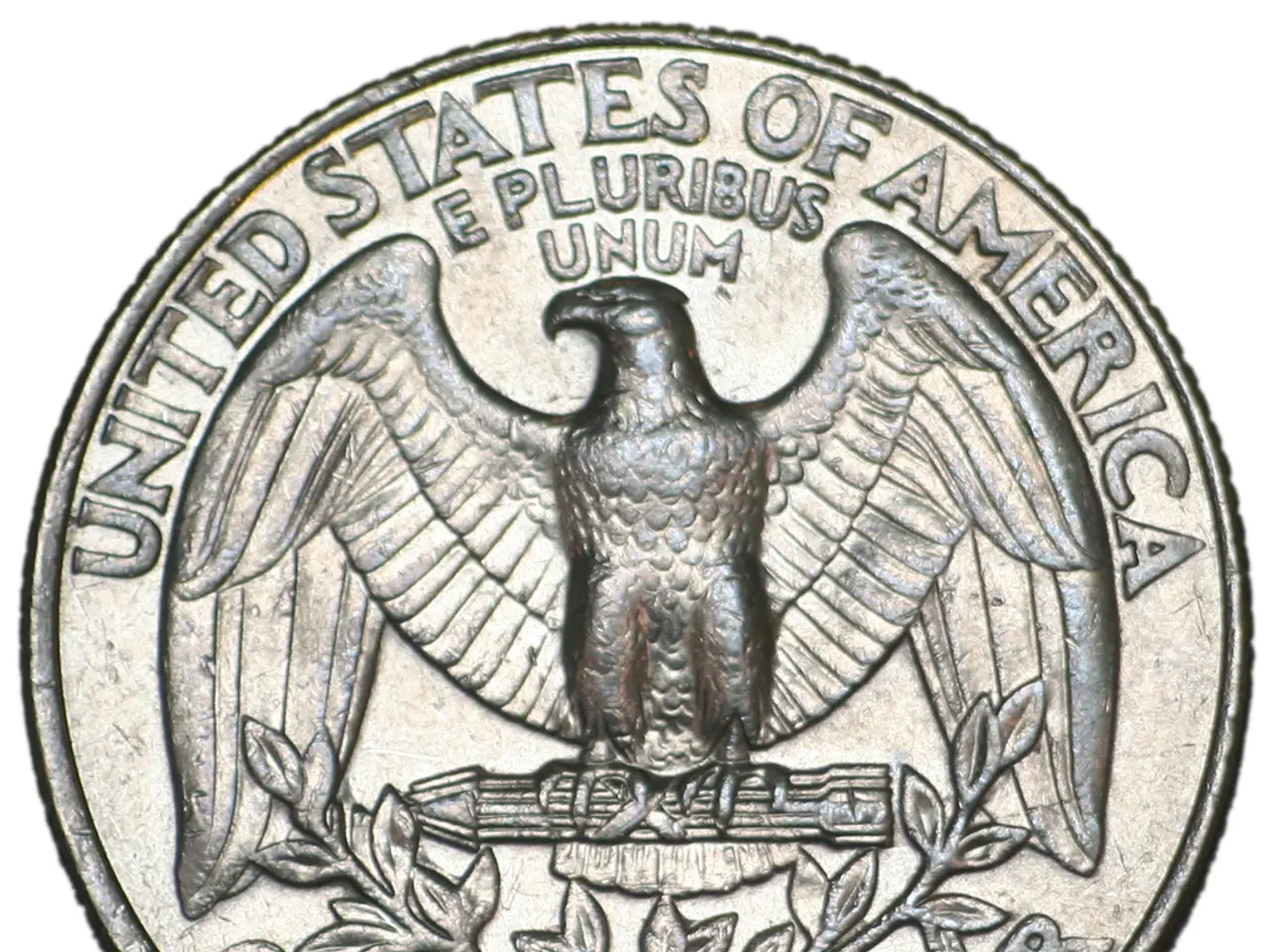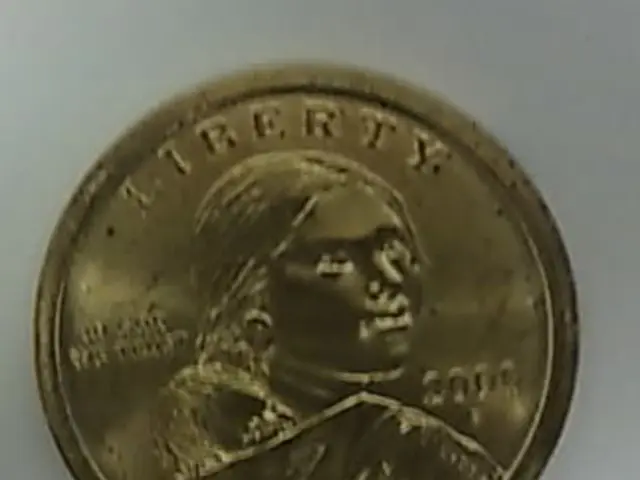SEC deems meme coins as non-securities, Musk comparatively labels them as akin to a casino.
In the rapidly evolving world of cryptocurrencies, the Securities and Exchange Commission (SEC) has taken a unique stance on meme coins, treating them as unregulated, speculative assets. This decision contrasts with the more traditional regulatory approach for public instruments like stocks and regulated collectibles markets.
Commissioner Caroline Crenshaw has expressed concerns about this approach, stating that it raises questions about regulatory jurisdiction, fraudulent conduct, and potential special treatment for crypto assets. Crenshaw believes that many meme coins rely on managerial efforts, such as limiting supply, buybacks, burning, manipulation through pump-and-dumps, and getting a listing on an exchange.
The SEC's decision not to regulate meme coins as securities means that purchasers and holders are not protected by federal securities laws. This lack of regulation means no mandatory disclosures, no investor protections like those in stocks, and little recourse if exchanges fail or misuse funds. The SEC labels the space the “Wild West of Crypto” due to this unregulated nature.
Joe Rogan, in a recent interview with Elon Musk, expressed concern about pump and dumps in meme coin trading. Musk advised against betting the farm on a meme coin, suggesting treating them as a form of entertainment.
Under Chair Paul Atkins, the SEC announced Project Crypto, a shift away from broad enforcement towards tailored frameworks. Atkins publicly stated that most crypto assets, including many meme coins, are not securities. The project aims to create clear, simpler rules and distinguish among asset types such as cryptocurrencies, tokens, and collectibles.
Commissioner Crenshaw's concerns about the SEC's guidance on meme coins include the potential for crypto enterprises to evade oversight by labeling themselves as meme coins. Her reservations also extend to Crypto 2.0. Crenshaw dissents from the SEC's new meme coin definition, stating it lacks a foundation in law.
Meme coins are often purchased for entertainment, social interaction, and cultural purposes, and their value is driven primarily by market demand and speculation. They typically have limited or no use or functionality. This lack of utility, combined with the potential for manipulation and evasion of oversight, has led Commissioner Crenshaw to advocate for clearer distinctions and less regulatory overreach in the crypto space.
[References] [1] SEC Chairman Gary Gensler’s Testimony Before the Senate Banking Committee (2021). [2] SEC Commissioner Caroline Crenshaw’s Dissent from the SEC’s Statement on Crypto Assets (2021). [3] SEC’s Project Crypto: A New Approach to Regulating Crypto Assets (2020). [4] SEC Chairman Jay Clayton’s Statement on Crypto Assets and Initial Coin Offerings (2018). [5] SEC’s Statement on Digital Asset Securities Issuance and Trading (2019).
- The SEC's decision not to regulate meme coins as securities has raised concerns among Commissioner Caroline Crenshaw, particularly about regulatory jurisdiction, fraudulent conduct, and potential special treatment for crypto assets.
- In the rapidly evolving world of cryptocurrencies, meme coins are often purchased for entertainment, social interaction, and cultural purposes, with their value primarily driven by market demand and speculation.
- Joe Rogan, in a recent interview with Elon Musk, expressed concern about pump and dumps in meme coin trading, with Musk advising against betting the farm on a meme coin, instead treating them as a form of entertainment.
- Under Chair Paul Atkins, the SEC's Project Crypto aimed to create clear, simpler rules and distinguish among asset types such as cryptocurrencies, tokens, and collectibles, but Commissioner Crenshaw dissents from the new meme coin definition, stating it lacks a foundation in law.




